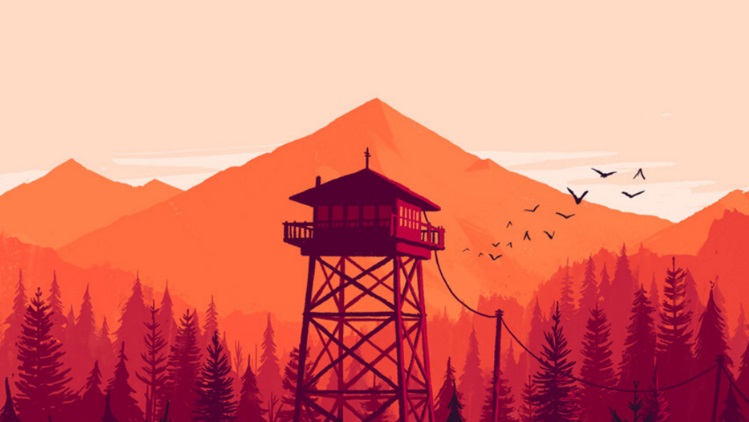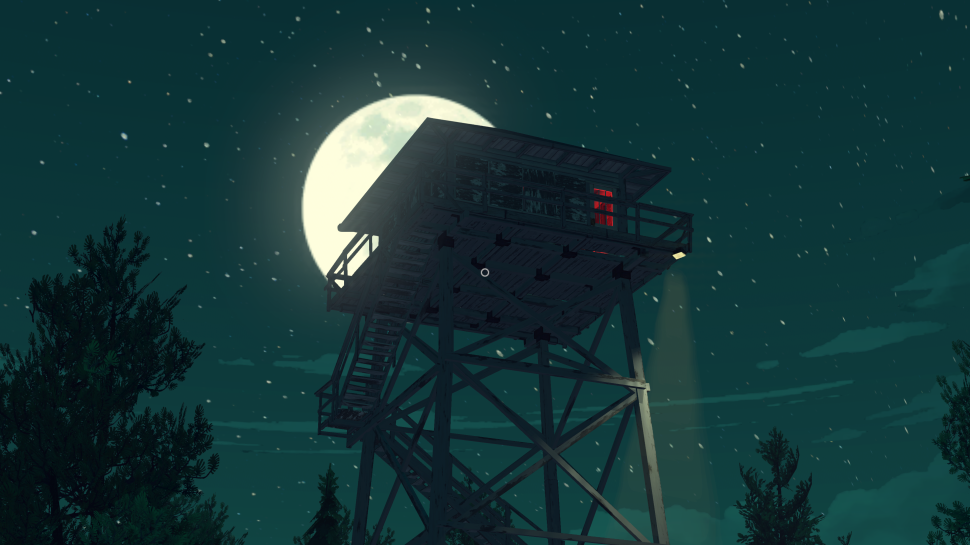Firewatch devs are 'all Valve employees now' but retain creative freedom
"You’re not dictated why it’s done a certain way, it’s up to you to have the wherewithal to learn how things are done."

Firewatch developer Campo Santo was bought over by Valve last month. In an interview with Rock, Paper, Shotgun, Campo's Sean Vanaman explains that despite the takeover, he and his team will retain their creative freedom while working on their next game, In the Valley of Gods. They'll also benefit from the support of a much larger talent pool.
Vanaman however stresses that said support won't compromise flexibility, telling RPS that Campo as it now exists will continue developing in Unity, and not Valve's Source engine.
"It’s not like, ‘We do things this way.’ At the same time I’m able to sit around and go, ‘Oh, there are all these really good reasons why people make games in Source too,'" Vanaman tells RPS. "You learn that just by talking to folks and learning. You’re not dictated why it’s done a certain way, it’s up to you to have the wherewithal to learn how things are done and why they’re being done that way and also to challenge it if you want to. We’re not trying to be rebels staying in Unity. We’re just trying to do what we know how to do."

Elsewhere, Vanaman addresses Valve's position in the takeover—a move which he feels is about acquiring "super talented" people, and not simply upping the number of games the developer might go on to release.
"It’s just about if you put enough super talented people in one place for long enough and treat them well they’ll make really cool shit and that shit will generally be better than the stuff that your competitors are making," says Vanaman. "For all intents and purposes that was our goal at Campo, it was like just get great people in here and everything we make is going to pivot off of that.
"I think it was just they saw a dozen folks who were a good cultural fit in terms of just where we were in our careers and added a ton of individual expertise and said, ‘We don’t know what the upshot of this is going to be strategically. We can’t figure out what you guys are going to make in five years or two years or six months, but it’s probably going to be pretty good.’"
Read RPS' interview with Sean Vanaman and Jake Rodkin in full this way.
Keep up to date with the most important stories and the best deals, as picked by the PC Gamer team.

